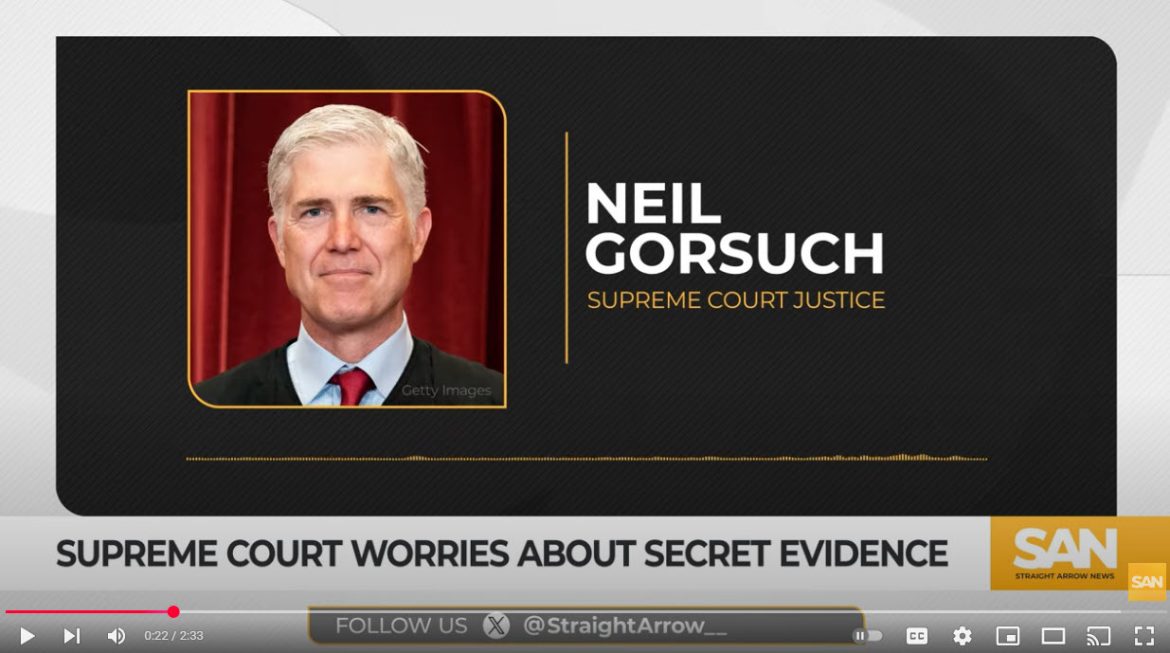The Supreme Court is voicing apprehension about the government’s reliance on classified evidence in its case against TikTok, raising questions about transparency and due process. During oral arguments, two justices expressed concern that the government presented redacted evidence, which attorneys representing TikTok users were unable to review. This evidence was pivotal in a lower court’s decision, which relied solely on public records due to the classified nature of the information.
The case centers on the federal government’s efforts to ban TikTok in the United States over national security concerns. The government argues that the app, owned by Chinese company ByteDance, poses a threat due to potential data-sharing with the Chinese government. TikTok has repeatedly denied these allegations, emphasizing its commitment to data privacy and its implementation of measures to safeguard U.S. user data.
Attorneys for TikTok users argue that the government’s reliance on secret evidence violates constitutional rights, including the right to due process. They maintain that it is impossible to mount an adequate defense without access to the evidence being used to justify the app’s potential ban. “The lack of transparency undermines the ability to challenge the government’s claims effectively,” said one attorney representing TikTok users.
The justices’ concerns highlight broader issues about the balance between national security and transparency in legal proceedings. Classified evidence is often used in cases involving national security, but its use has drawn criticism for potentially compromising defendants’ rights. The TikTok case underscores the tension between protecting sensitive information and ensuring a fair judicial process.
The government defends its approach, arguing that the evidence contains sensitive information critical to national security. They claim that disclosing the evidence to TikTok’s attorneys could risk exposing methods and sources used in intelligence operations.
As the case proceeds, the implications extend beyond TikTok. Legal experts caution that the Court’s handling of classified evidence in this case could set a precedent for future cases involving national security and technology. A ruling in favor of TikTok users could push the government to adopt greater transparency, while a decision upholding the current approach may reaffirm the use of classified evidence in sensitive cases.
The Supreme Court has not yet indicated how it will rule, but the outcome could have significant ramifications for data privacy, national security, and the tech industry as a whole. Millions of TikTok users and content creators in the U.S. await the Court’s decision, which could determine the app’s future in the country.



